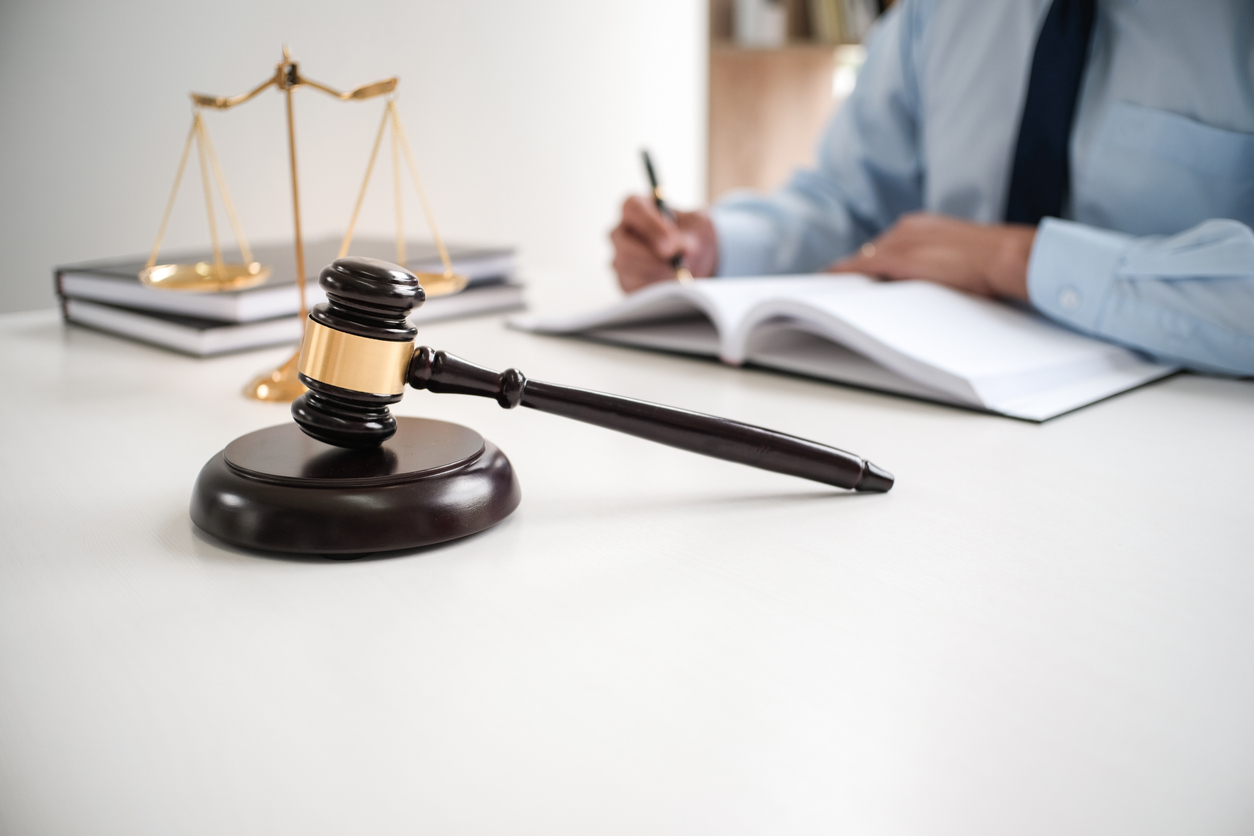If you’ve been hurt because of someone else’s negligence, you may have the right to file a personal injury claim. One of the most common outcomes of these claims is a settlement agreement. But understanding how settlements work—and what affects the amount—can make a big difference in the final result.
You don’t have to go through this process alone. A qualified personal injury attorney can help you pursue a fair settlement and make sure your rights are protected at every step.
What Is a Personal Injury Settlement?
A personal injury settlement is a private agreement that ends a legal dispute without going to trial. Instead of a jury or judge deciding the case, the injured person and the at-fault party (or their insurance company) agree on an amount of compensation.
Settlements can happen at nearly any stage of a case. Some occur within weeks of the accident, while others might happen after months of negotiation or even after a lawsuit has been filed.
Most personal injury cases settle rather than going to trial. Settlements allow both parties to avoid the uncertainty, cost, and time commitment of litigation.
What Is Included in a Settlement?
A fair personal injury settlement should cover all of the losses you’ve suffered because of the accident. These losses are referred to as “damages,” and they typically fall into two categories: economic and non-economic.
Economic damages include things like:
- Medical expenses (past and future)
- Lost wages or reduced earning capacity
- Property damage
- Out-of-pocket costs
Non-economic damages are meant to compensate you for more personal and less measurable effects, such as:
- Pain and suffering
- Emotional distress
- Loss of enjoyment of life
- Scarring or disfigurement
In rare cases, punitive damages may also apply, but these are typically only awarded through trial, not settlement.
How Long Does It Take to Receive a Settlement?
There’s no universal timeline for personal injury settlements. Some may resolve in just a few weeks, while others could take months or longer. The length of time often depends on whether liability is disputed, how complex your injuries are, and how willing the insurance company is to negotiate in good faith.
In some cases, it may be worth holding out longer for a fairer offer. Accepting a settlement too soon could mean walking away with less than you need, especially if future medical expenses or long-term effects haven’t been fully considered yet.
How Can You Get the Best Outcome?
The best way to improve your chances of a favorable settlement is to act strategically from the start. That means documenting everything after the accident, getting prompt medical care, and avoiding statements that might hurt your case (especially to insurance adjusters).
More importantly, you should consult with a personal injury lawyer as early as possible. Your attorney can handle communications with the insurance company, gather strong evidence, and negotiate aggressively on your behalf.
A good lawyer won’t just help you settle faster—they can help you settle for more.
Talk to a Personal Injury Attorney About Your Settlement Options
Getting hurt because of someone else’s carelessness is already difficult enough. You shouldn’t also have to navigate the legal system alone or worry that you’ll be taken advantage of by an insurance company.
A skilled personal injury attorney can guide you through every part of the settlement process. Contact a lawyer today to schedule a free consultation.
